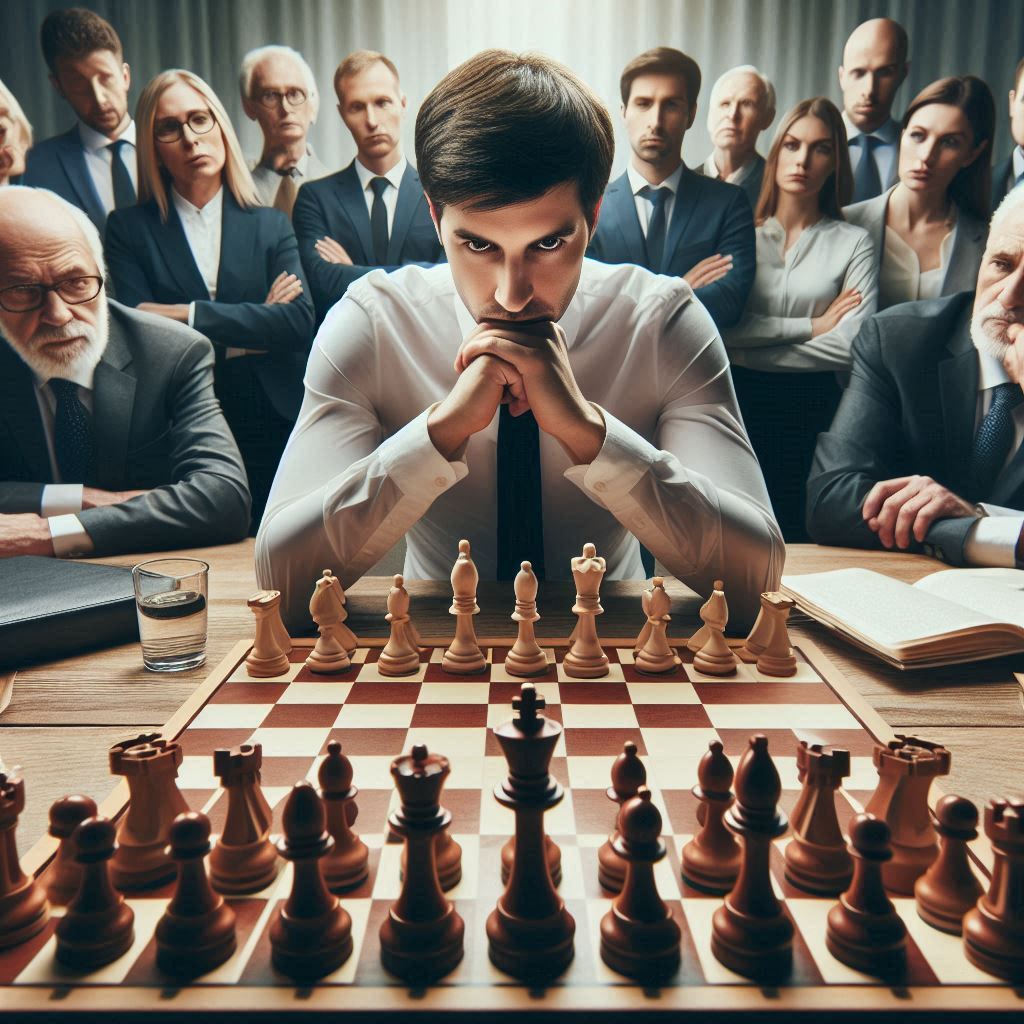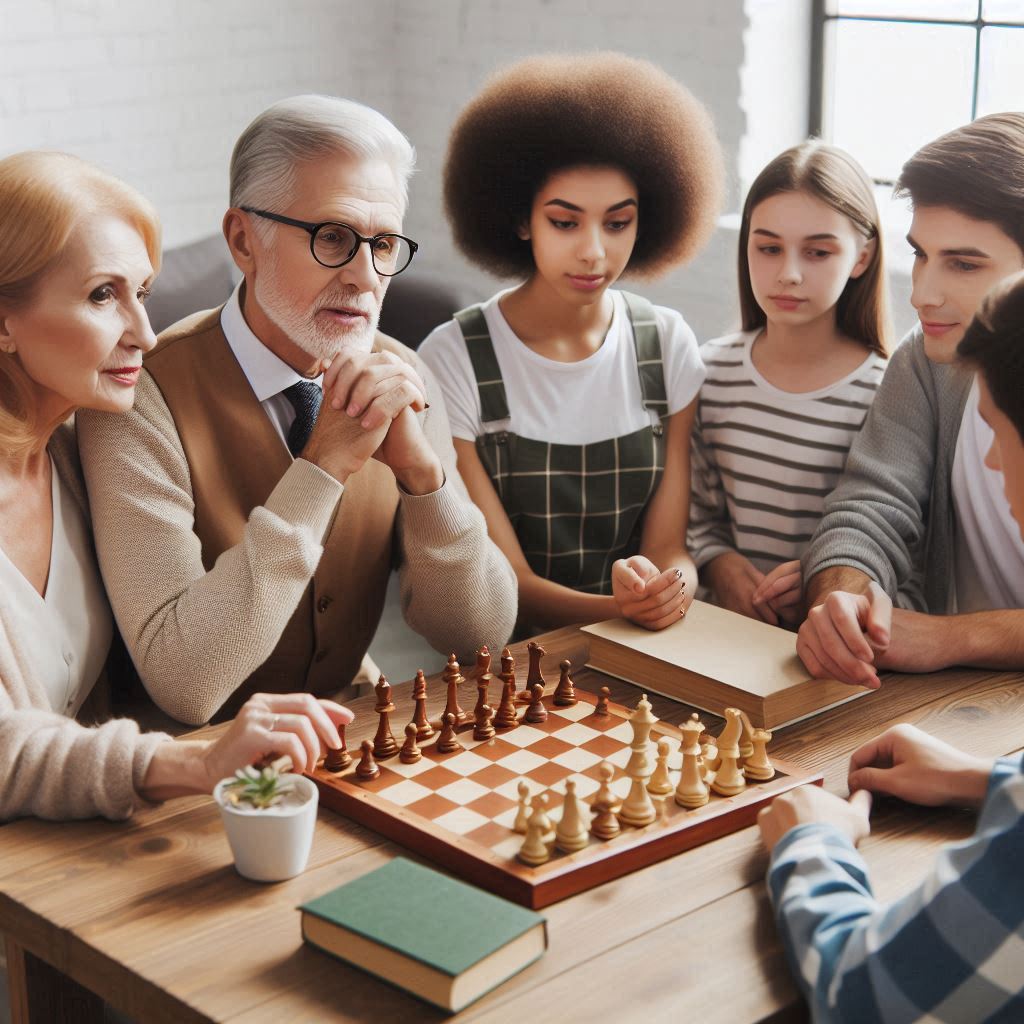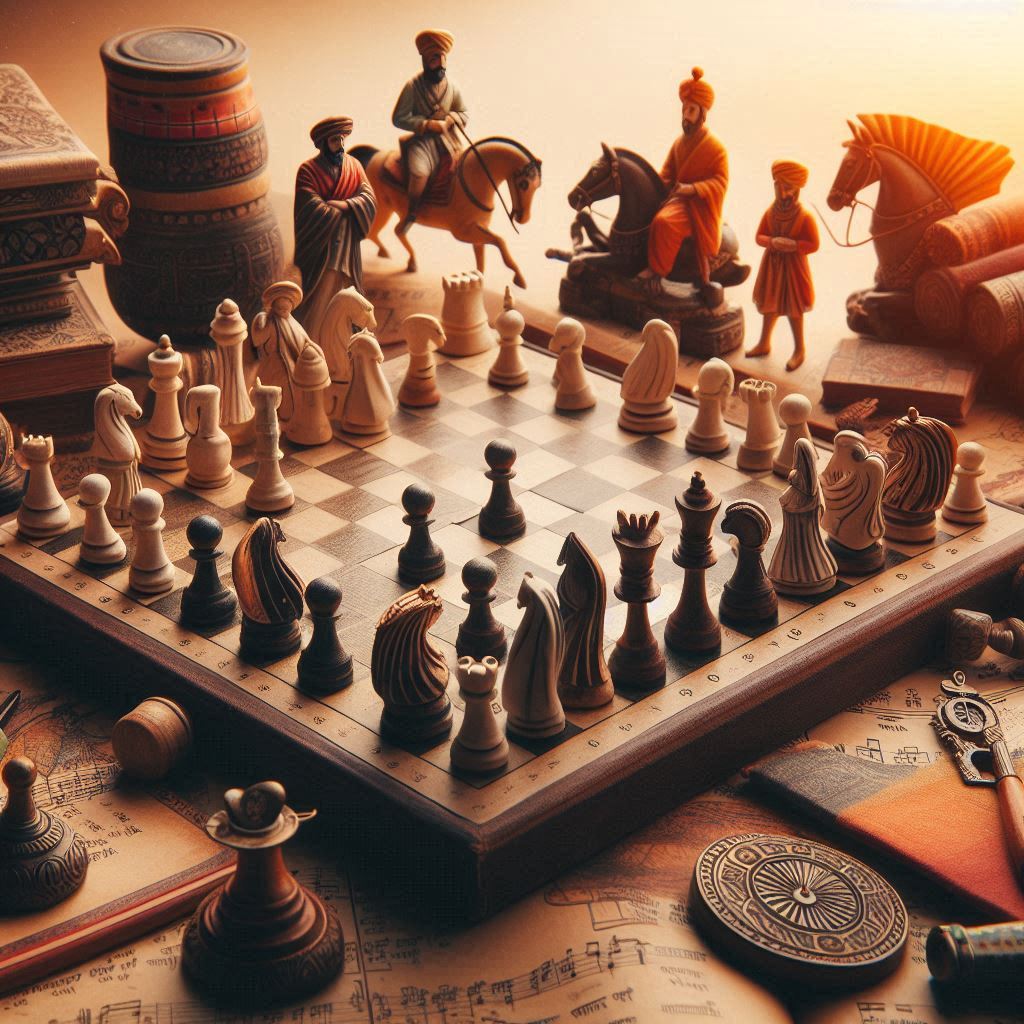Introduction
In chess, the endgame is often seen as the final frontier—a phase where games are decided, and mastery is truly tested. While openings and middle games capture much attention, understanding and excelling in endgames is essential for any serious chess player. This article explores the pivotal role of endgames in achieving chess mastery, highlighting key principles and strategies to enhance your endgame skills.
Understanding Endgame Fundamentals
Key Concepts and Principles: The endgame phase focuses on converting material and positional advantages into victory. Key principles include the importance of king activity, the power of passed pawns, and the need for precise calculation. Understanding these fundamentals is essential for navigating the complexities of endgame play.
Types of Endgames
Common Endgame Scenarios and Their Strategies: Endgames can be broadly categorized into pawn endgames, minor piece endgames, and major piece endgames. Each type has its strategies and techniques. For example, in pawn endgames, the ability to promote pawns and create passed pawns is crucial, while piece coordination is vital in minor and major piece endgames.
King Activity
The Importance of the King in the Endgame: Unlike in the opening and middle game, the king becomes a powerful piece in the endgame. Activating the king and using it to support pawn advancement and control key squares is a fundamental endgame strategy. Effective king activity often makes the difference between a win and a draw.
Pawn Structures and Promotion
Strategies for Pawn Promotion and Structure Management: Pawns are the only pieces that can promote, making their management critical in the endgame. Understanding pawn structures, creating passed pawns, and advancing them safely towards promotion are key skills. Controlling pawn structures also helps in restricting the opponent’s king and pieces.
Piece Coordination
Effective Use of Pieces in the Endgame: Coordination between remaining pieces is crucial for maximizing their strength. Whether it’s using rooks to control open files or knights to dominate key squares, effective piece coordination can turn a slight advantage into a decisive one.
Common Endgame Techniques
Opposition, Triangulation, and More: Mastery of specific endgame techniques is essential for success. Opposition is a fundamental concept in king and pawn endgames, where the kings face off in a manner that restricts the opponent’s movement. Triangulation is a tactic used to put the opponent in zugzwang—a position where any move they make worsens their situation.
Endgame Studies and Practice
Learning Through Puzzles and Practical Play: Solving endgame puzzles and studying endgame compositions help deepen understanding and improve calculation skills. Practical play, such as setting up endgame scenarios and playing them out, is also invaluable for reinforcing theoretical knowledge and gaining hands-on experience.
Analyzing Grandmaster Endgames
Insights from Top-Level Endgame Play: Analyzing endgames played by grandmasters provides insights into advanced techniques and strategic thinking. By studying these games, players can learn how top-level players handle complex endgame situations and apply these lessons to their own play.
Using Technology for Endgame Training
Tools and Resources for Improving Endgame Skills: Modern technology offers numerous resources for endgame training. Chess engines like Stockfish and databases such as ChessBase provide powerful tools for analyzing endgames and exploring different scenarios. Online platforms offer interactive endgame lessons and practice positions.
Psychological Aspects of Endgames
Staying Focused and Confident in Critical Moments: The endgame phase often involves high stakes and requires intense concentration. Developing psychological resilience, maintaining focus, and staying calm under pressure are crucial for converting advantages and securing victories.
Endgames in Competitive Play
How Endgame Proficiency Impacts Tournament Success: Proficiency in endgames is a significant factor in competitive success. Many games reach the endgame phase, and players who excel in this area often have a higher conversion rate of advantageous positions. Endgame skills can be the deciding factor in closely contested matches and tournaments.
FAQs
Why are endgames important in chess?
Endgames are crucial because they are often the phase where games are decided. Mastery of endgame principles allows players to convert advantages into wins and defend difficult positions.
What are some key endgame principles?
Key principles include king activity, creating and advancing passed pawns, effective piece coordination, and understanding opposition and zugzwang.
How can I improve my endgame skills?
Improving endgame skills involves studying endgame theory, solving puzzles, practicing practical endgame scenarios, and analyzing games played by grandmasters.
What role does the king play in the endgame?
The king becomes an active and powerful piece in the endgame, supporting pawn advancement and controlling key squares.
Are there specific techniques I should learn for endgames?
Yes, techniques such as opposition, triangulation, and understanding zugzwang are essential for mastering endgames.
How can technology help in endgame training?
Technology offers tools like chess engines, databases, and online platforms that provide analysis, interactive lessons, and practice positions to enhance endgame skills.
Conclusion
The endgame is a vital phase of chess that requires mastery for overall success in the game. By understanding key principles, practicing specific techniques, and utilizing modern tools, players can significantly improve their endgame skills. Mastery of the endgame not only enhances the ability to convert advantages but also deepens strategic understanding and resilience. Embrace the challenge of the endgame, and it will undoubtedly lead you to greater heights in your chess journey.



